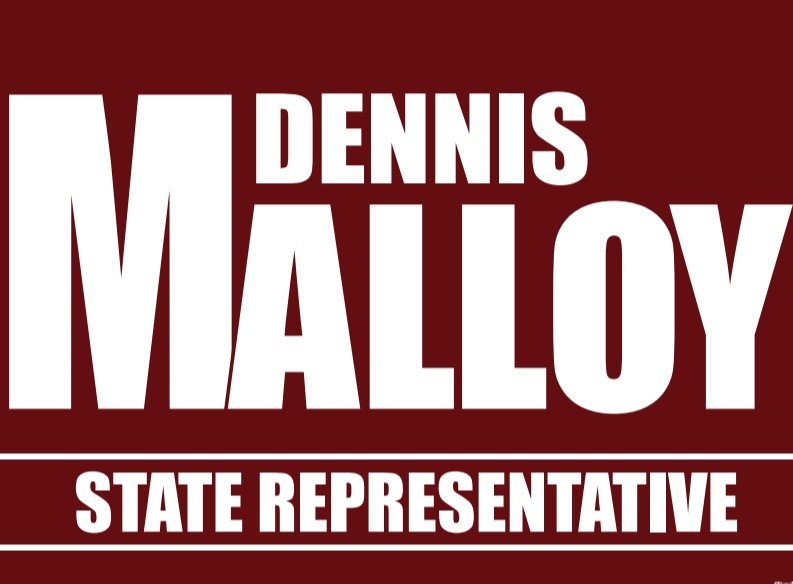With credit to Gary Rayno at InDepthNH.org May 16, 2021
This session the NH House decided to use $100 million in general funds to reduce the statewide education property tax. The problem is that does not help school districts needing more state support but instead provides the same relief to them and “donor towns.”
Truthfully, the additional money was added by the House to lower the property tax shock of downshifting costs in the proposed budget.
The reasons, motivation, and money driving the offensive are often hidden from view and couched in talk of providing competition to make the system better. This year the push to significantly change public education has gone from a trickle to an onslaught.
A top priority for the new Republican majority legislature is one of the most expansive voucher programs in the country dubbed the Richard “Dick” Hinch Education Freedom Accounts, after the late House Speaker, who died of COVID-19.
That is the most obvious attempt to significantly change the public education system, but there has been a series of other bills that chip at the foundation of public education, and particularly public money for education and several bills have already been signed into law by Sununu.
Many of these bills are small steps but add up to an attempt to overhaul the current system when there is less money being spent in the proposed two-year operating budget on public education.
While the state’s charter schools are “fulling funded,” state aid to traditional public schools is $90 million less than it is this school year.
The quest to change the system in recent years began with charter schools, which were sold as helping students who did not thrive in public schools, and many do and the most successful are ones established with the consent of the community. Charter schools were freed of the regulations and guidelines public schools must meet, like special education requirements, with the goal to make them innovative and cheaper and move public money into the private sector and now religious educational institutions
But most charter schools have never been financially viable without state support to replace the property taxes that fund public schools, and who could blame property taxpayers for not wanting to pay for two schools at once. School voucher programs have been the more recent attempts to expand education beyond traditional public schools, but have been a tough sell in the legislature, which until this year, voted down every proposal.

